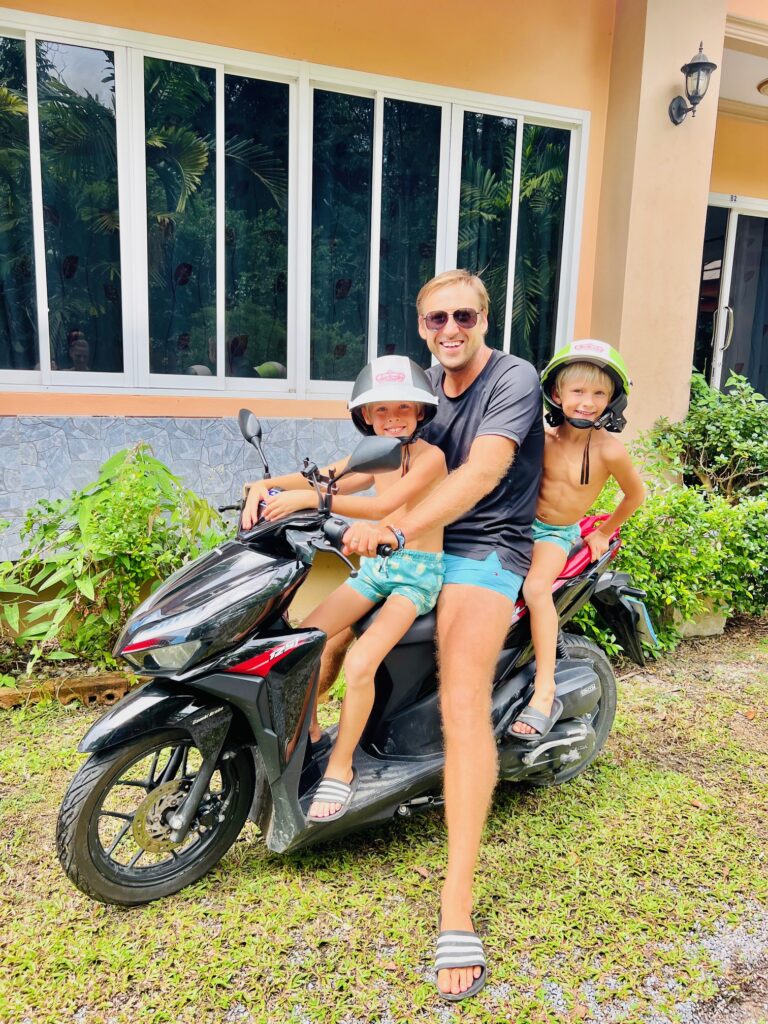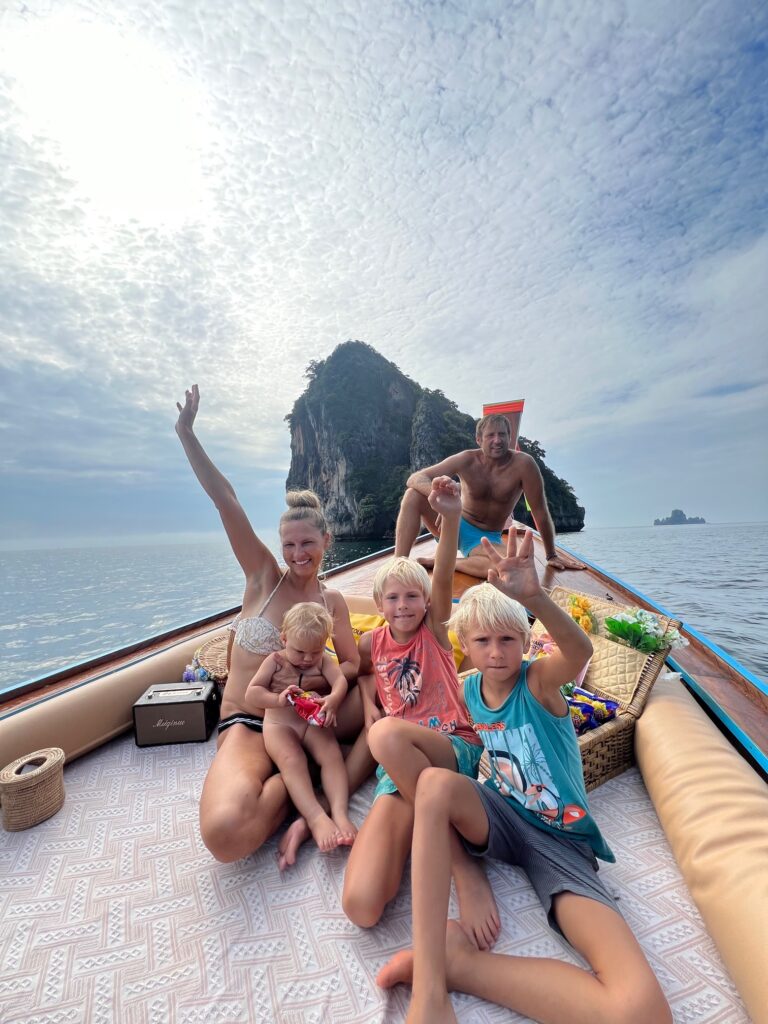Various ways of Worldschooling
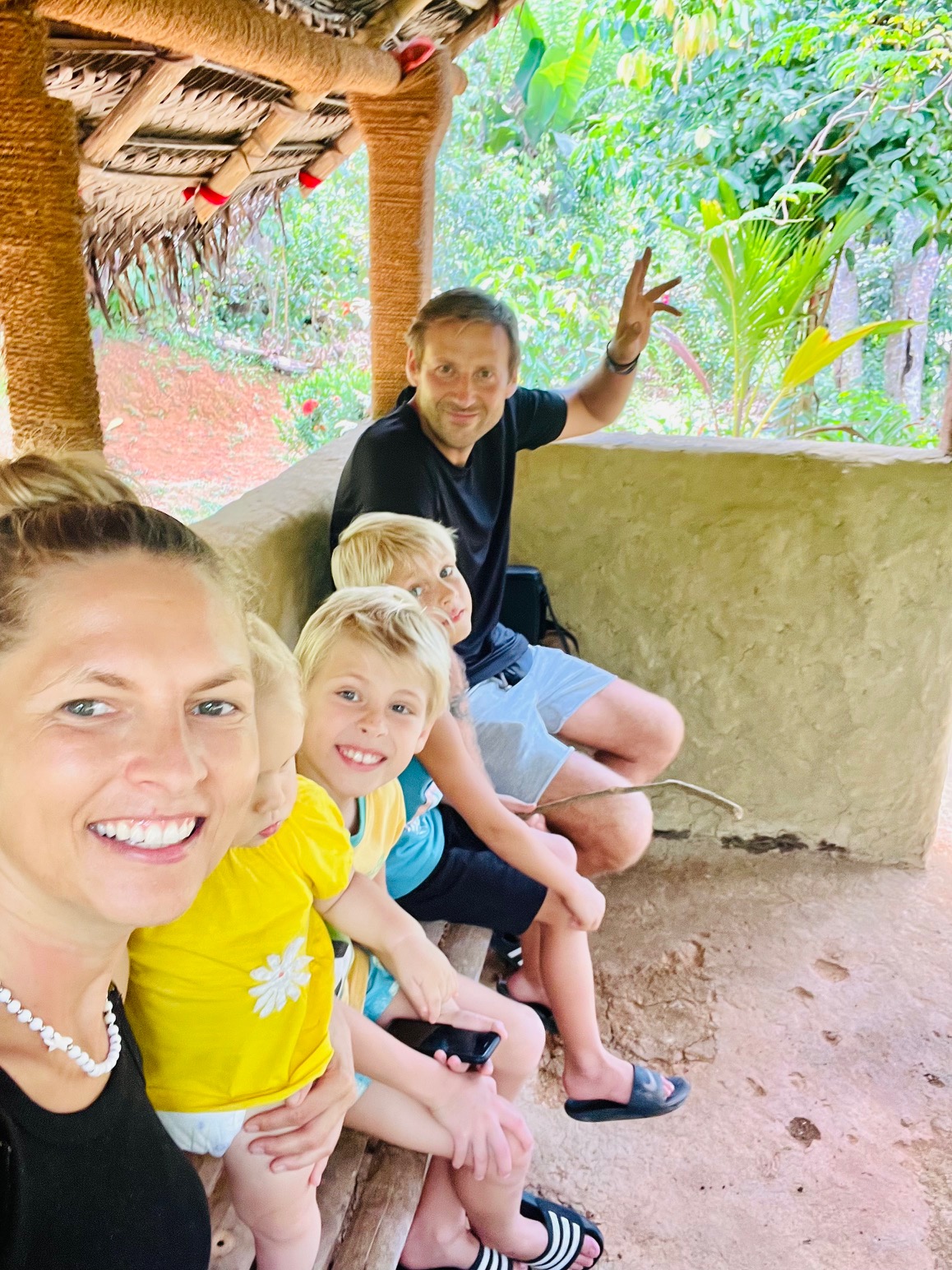
Worldschooling is an educational approach that involves learning through travel and real-world experiences, allowing individuals to gain knowledge and skills by exploring different cultures, environments, and communities. When we started our worldschooling journey – we had no idea that it was called like that or that were various ways of worldschooling. As we get to know this way of living for almost 3 years now- I would like to share te knowledge about worldschooling that I learned. This time I am sharing VARIOUS WAYS o how families can worldschool.
Here they are:
- Travel-based Learning:
- Family Travel: Families may travel together, visiting different countries and experiencing diverse cultures, languages, and histories (I met families that actually do a month of travel and then go back home, or do 2 months of travel per year. I also met families where one of the parent is traveling with children while other is working at home because of the job specific location).
- Road Trips: Traveling by road allows for a more flexible and immersive experience, with opportunities to explore various destinations along the way. We did 8 months of orad tripping in Mexico , Guatemala and Belize- it was fantastic to say the least. We had the freedom to visit what we wanted, for how long we wanted and could change the plans if we decided to. We also did a month in Thailand with a car – game changer. We had so many adventures, that we would not have been able to do if we had not been doing road tripping. We also had a car fro a month in Sri Lanka and we loved the freedom to have our own wheels.
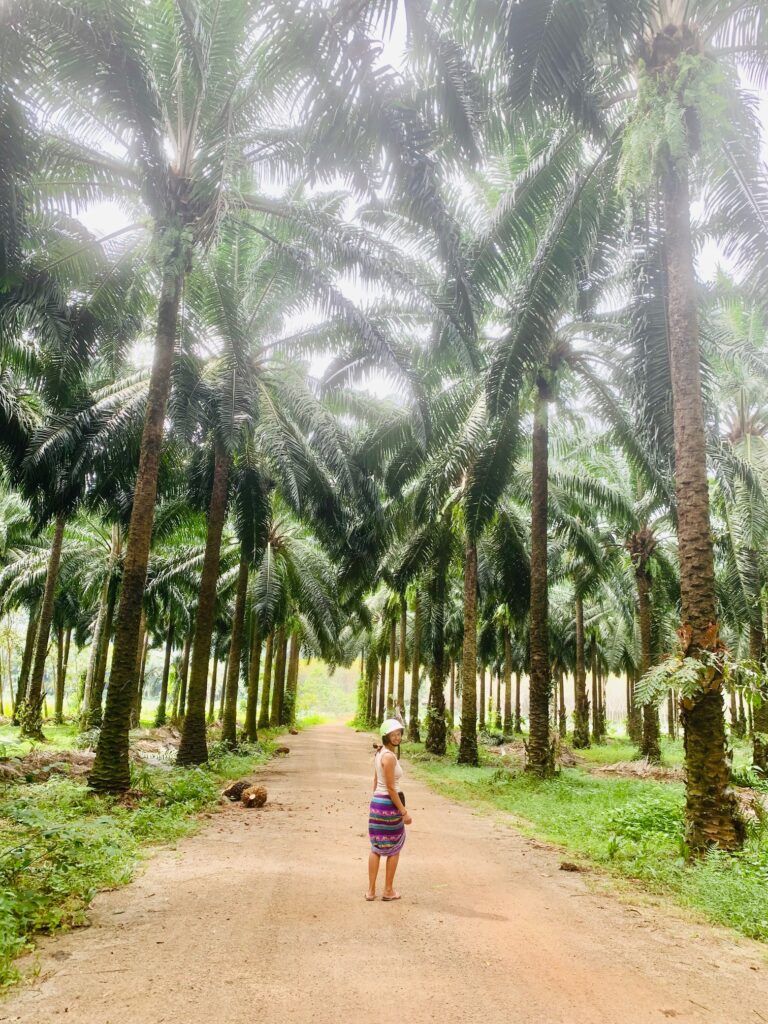
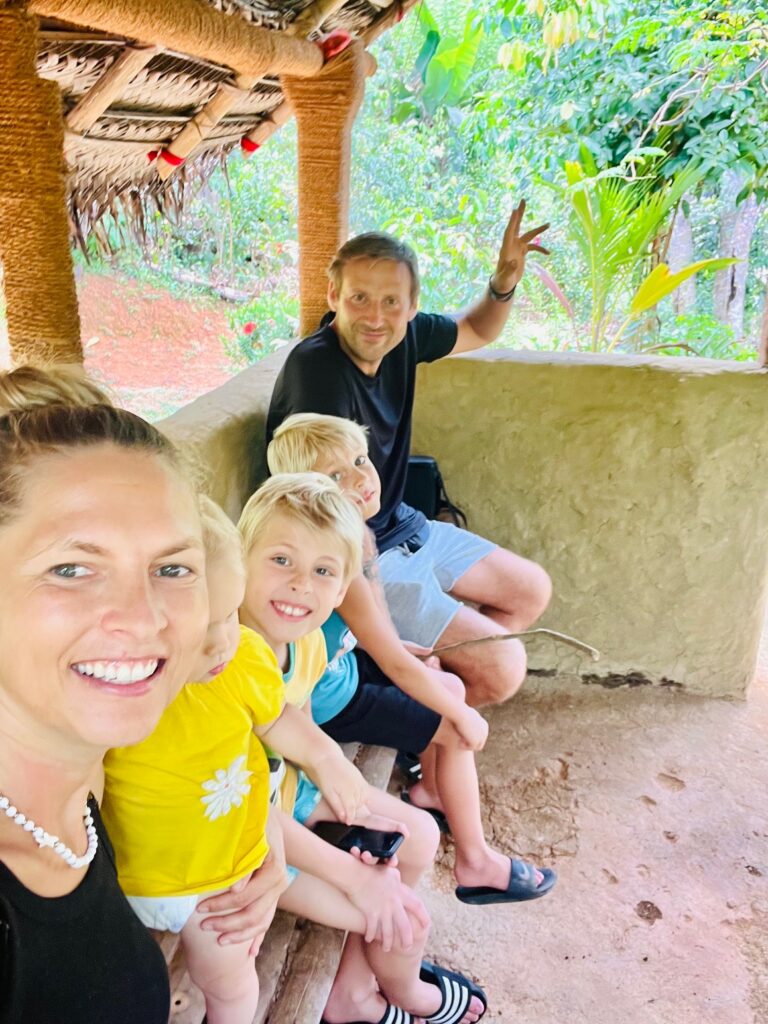
2. Cultural Immersion:
- Homestays: Living with local families can provide deep insights into the culture, language, and daily life of a particular region. We lived in Mexico for almost a year when we were expecting our third baby (yes, our daughter was born in Mexico), and while it was not homesteading, but we lived in a community of local Mexican people. We interacted with them on a daily basis and our kids had a great way of learning the language, play sports with locals and learn their way of living.
- Language Learning: Immersing oneself in a new language environment is a powerful way to become fluent in a language.
3. Volunteering:
- Service Projects: Engaging in volunteer work helps learners understand global issues, develop empathy, and contribute positively to communities.
4. Online Education:
- Virtual Classes: Utilizing online platforms and resources allows individuals to continue their formal education while traveling.
- Educational Apps and Platforms: Using educational apps and platforms for self-directed learning.
5. Experiential Learning:
- Hands-on Activities: Engaging in activities such as cooking, art, music, and sports in different locations.
- Field Trips: Exploring historical sites, museums, and natural landmarks as part of the learning experience.
6. Worldschooling Communities:
- Connect with Other Worldschoolers: Joining or forming communities of like-minded individuals allows for shared experiences, resources, and support. We had that pleasure in Mexico and we did it quite often and it was fantastic experience.
7. Project-Based Learning:
- Real-World Projects: Tackling projects that require research, problem-solving, and collaboration while incorporating elements of the local culture.
8. Internships and Apprenticeships:
- Work Experience: Gaining practical skills and insights by participating in internships or apprenticeships relevant to one’s interests.
9. Culinary Exploration:
- Cooking Classes: Learning about local cuisines and food preparation techniques in different parts of the world. This is a wonderful hands on skill learning experience that should be done while worldschooling.
10. Nature and Outdoor Education:
- Outdoor Adventures: Learning about ecosystems, biodiversity, and sustainability through activities like hiking, camping, and wildlife observation.
11. History and Cultural Studies:
- Visiting Historical Sites: Exploring historical landmarks, ancient ruins, and museums to deepen understanding of world history. This can also be done while worldschooling in different countries. we did it in Mexico, Guatemala, Belize,Sri Lanka and Thailand so far.
12. Financial Literacy:
- Budgeting and Currency Exchange: Learning about managing finances and understanding different currencies in various countries. My kids love learning about the currencies of different countries and how much they are worth compared to a US dollar or Euro. Great way to build foundation about finances.
Worldschooling is highly flexible, and families may combine several of these approaches to create a personalized and holistic learning experience. I know we did it in many different ways. I have noticed that to us traveling in different countries mean a different learning experience in each and every one of them. Not only for our children, but also to us, adults. We learn so many things and skills and we are forever grateful for all opportunities of travel that come our way.
